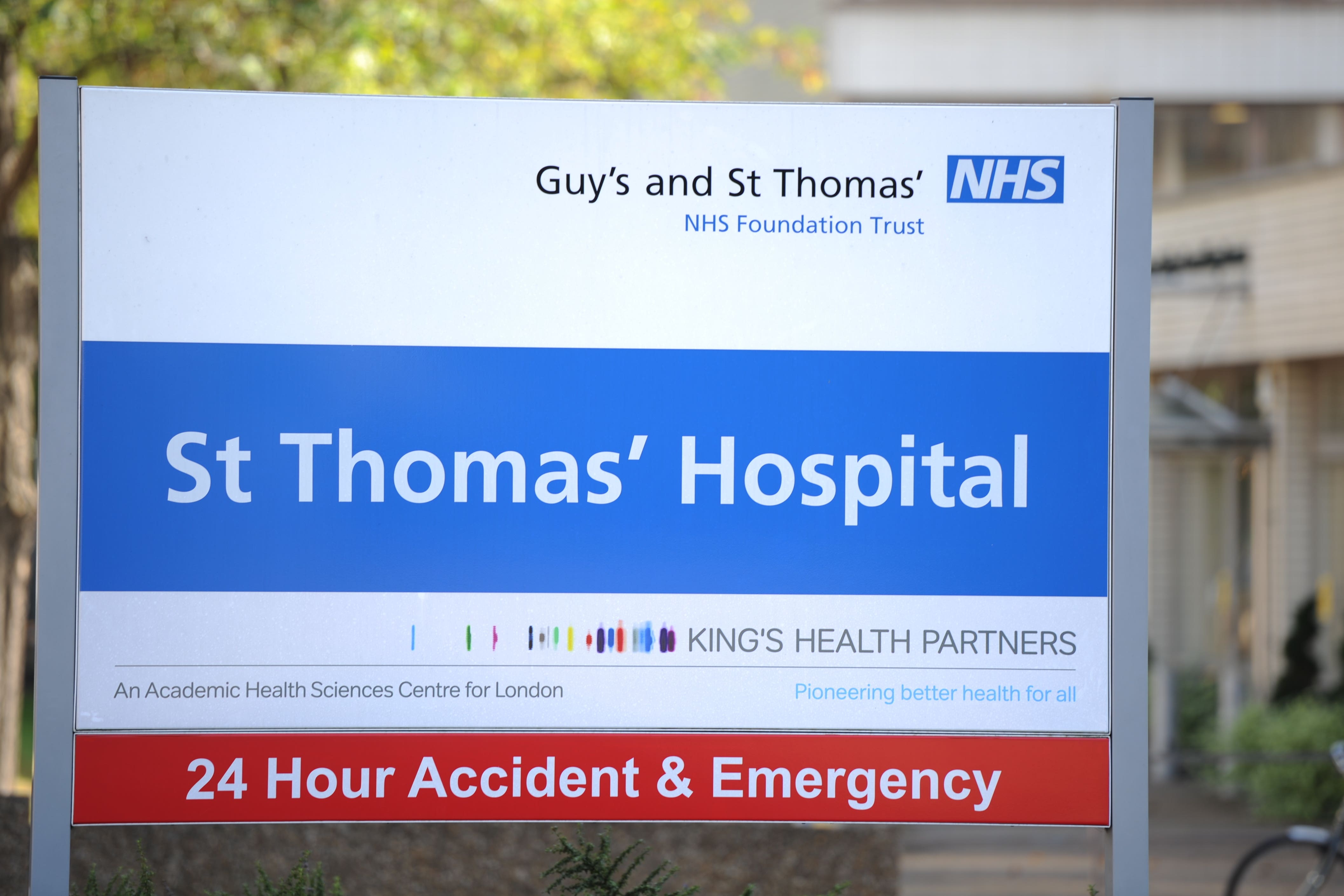Eggs of more than 100 women may be damaged after hospital freezing error
It is believed that many of the women affected had cancer treatment
Your support helps us to tell the story
From reproductive rights to climate change to Big Tech, The Independent is on the ground when the story is developing. Whether it's investigating the financials of Elon Musk's pro-Trump PAC or producing our latest documentary, 'The A Word', which shines a light on the American women fighting for reproductive rights, we know how important it is to parse out the facts from the messaging.
At such a critical moment in US history, we need reporters on the ground. Your donation allows us to keep sending journalists to speak to both sides of the story.
The Independent is trusted by Americans across the entire political spectrum. And unlike many other quality news outlets, we choose not to lock Americans out of our reporting and analysis with paywalls. We believe quality journalism should be available to everyone, paid for by those who can afford it.
Your support makes all the difference.A leading hospital in London has apologised for potential damage to the frozen eggs and embryos of more than 100 women.
Guy’s Hospital in London has issued an apology after the eggs and embryos were potentially damaged during the freezing process at its NHS-operated clinic.
The clinic contacted the 136 women after discovering it may have inadvertently used some bottles of a faulty freezing solution in September and October 2022.
However, the clinic said it did not know the liquid was defective at the time.
It is believed that many of the women affected have subsequently had cancer treatment, which may have left them unable to conceive with their own eggs.
A Guy’s and St Thomas’ NHS Foundation Trust spokesperson said the manufacturing issue may adversely impact the chance of frozen egg or embryo survival during thawing.
The spokesperson said: “We were made aware of a manufacturing issue with some bottles of a solution that may have been used to freeze eggs and embryos in our Assisted Conception Unit in September and October 2022.”
They added that Guy’s Hospital has now contacted all those affected and apologised for the delay and any distress the error may have caused.

The Human Fertilisation & Embryology Authority (HFEA) said a safety notice about the faulty freezing solution was issued to all registered clinics in February 2023. A spokesman for the hospital said that its Assisted Conception Unit used the solution in September and October 2022.
HFEA director of compliance and information Rachel Cutting described the situation as “ongoing” at Guy’s and St Thomas’ Assisted Conception Unit, with an investigation now underway.
“We will take any further action required as a result of this investigation, in line with our standard incidents process,” she said.
“We are aware that this affected product may have been distributed to other UK clinics, although the HFEA is currently unaware of any other licensed clinic where patients have been affected.”
HFEA advised any fertility patients concerned that the issue may have impacted their frozen eggs or embryos should contact their relevant clinics.
Ms Cutting added that further action will be taken to ensure an error like this does not occur again.
“The HFEA investigates incidents in clinics to make sure that everything is done to understand what went wrong and, crucially, to take steps to ensure it does not happen again,” she said.
“We also share learning and notify other clinics of potential issues.”
Guy’s Hospital has advised that they have set up a dedicated phoneline for any patients impacted.
The NHS-operated clinic also stated that those affected can seek support through their counselling service.

Join our commenting forum
Join thought-provoking conversations, follow other Independent readers and see their replies
Comments